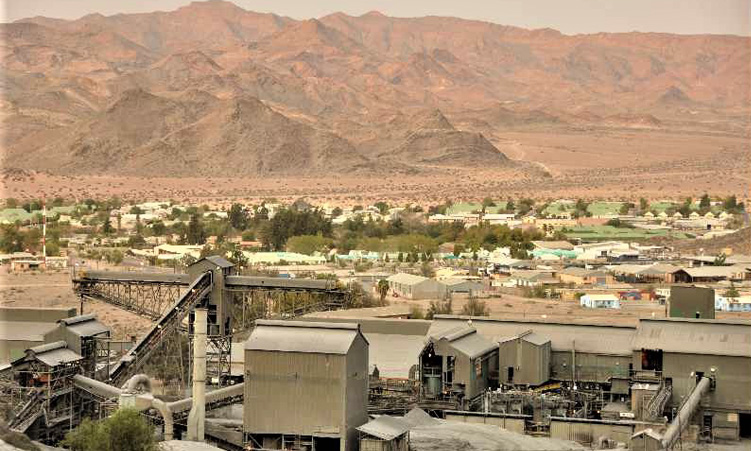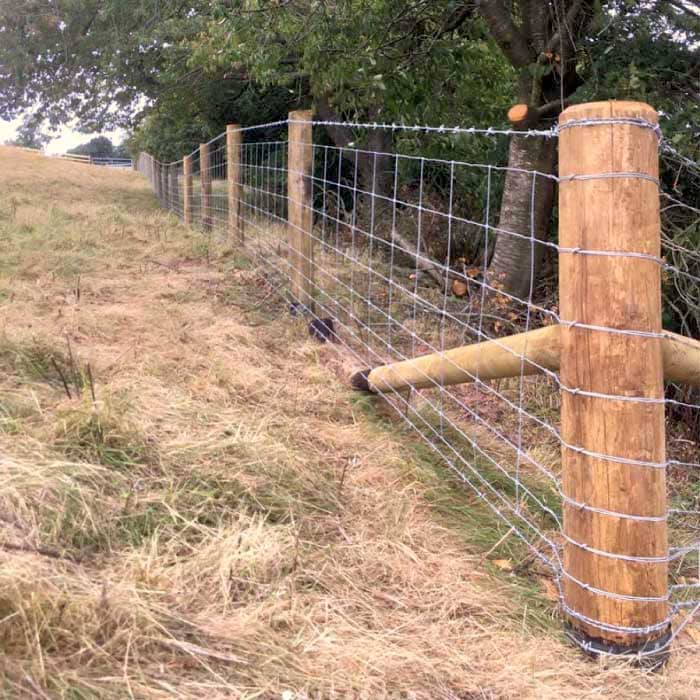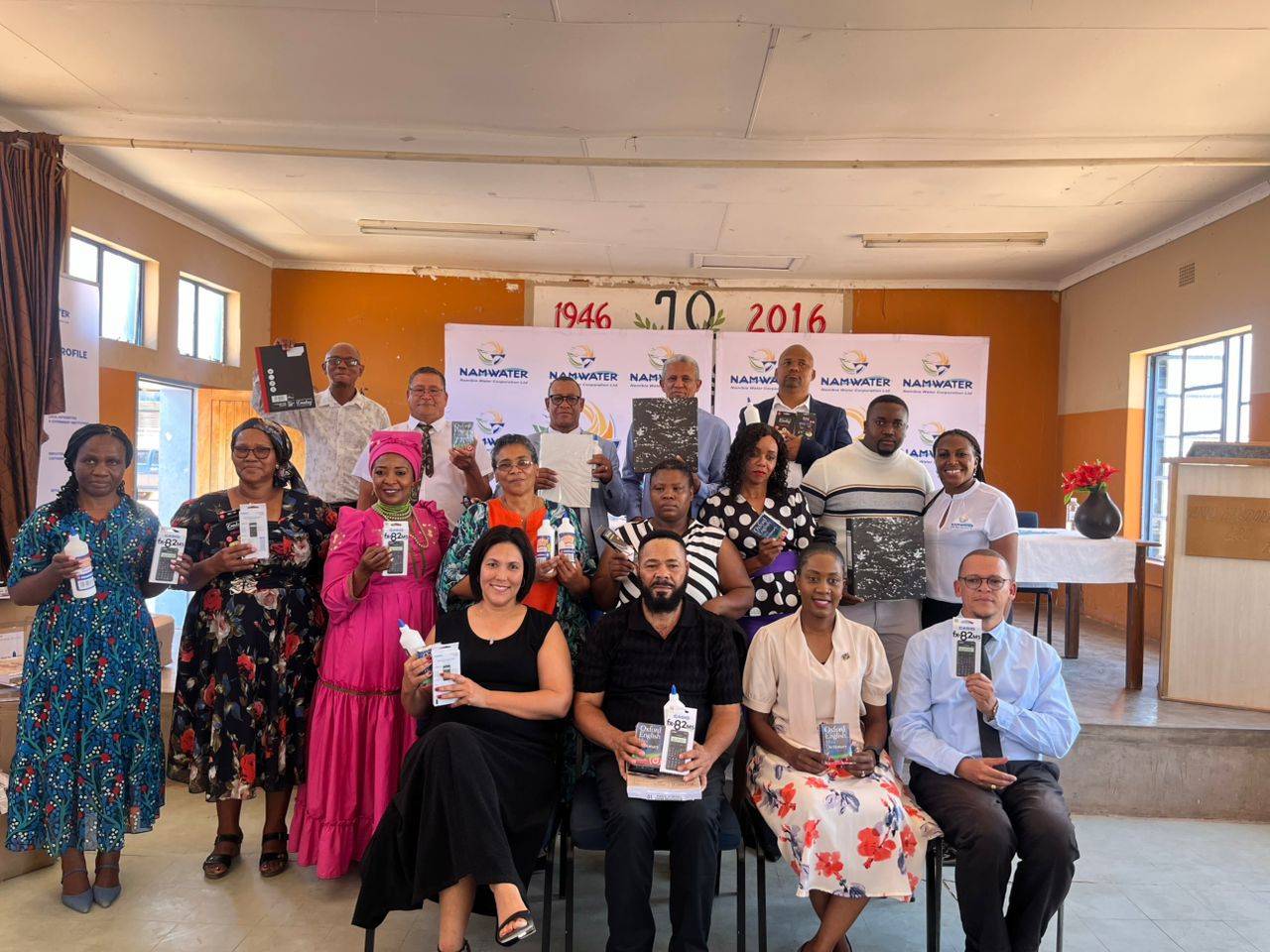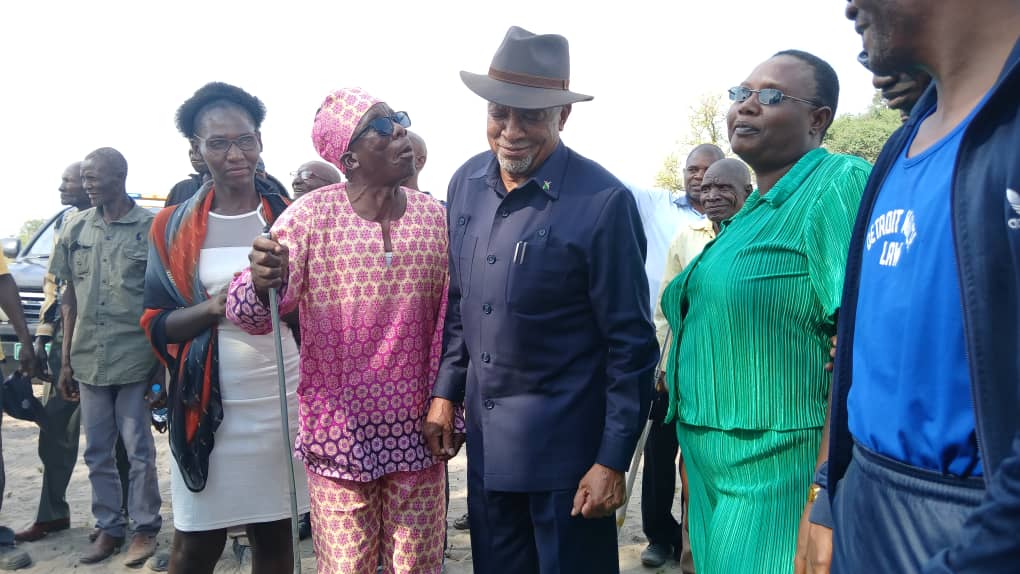The Ministry of Health and Social Services has launched an investigation into allegations of widespread chronic lead exposure among children and infants at Rosh Pinah in the //Kharas region and an alleged cover-up of such reports by Trevali Mining Corporation.
//Kharas regional health director Sandra !Owoses on Friday said a team comprising occupational health and communicable disease control officials, the World Health Organisation and epidemiologists visited Rosh Pinah last week to conduct an extensive review of records, engage the community and render psychosocial support.
“We can confirm that the team did visit the community from 17 to 21 July to conduct this investigation. They are expected to compile an extensive report which will be made available at a later stage,” she said.
Trevali Mining Corporation, previously known as Rosh Pinah Zinc Corporation, two weeks ago denied allegations of a lead exposure cover-up.
Vice president of operations Sheron Kaviua in a statement said the company is aware of allegations of lead exposure among children which has become the subject of an ongoing investigation.
She said Trevali is supporting the health authorities which have since visited the site.
“As this matter remains the subject of both external and internal investigations, Rosh Pinah will address any substantiated findings forthwith to safeguard the health and well-being of our employees and affected communities, which remains our highest priority,” Kaviua said.
This was after deputy minister of health and social services Ester Muinjangue confirmed that 10 cases of chronic lead exposure among children between the ages of one and 12 were reported at Rosh Pinah in this month.
Labour consultant Paul Dausab claimed Trevali Mining Corporation three years ago commissioned the company’s in-house doctor and head of occupational health, Dr Johan Truter, to draft a report on lead exposure among children and infants.
Dausab said tests were reportedly conducted on 30 children, confirming chronic lead exposure.
The mine has been keeping this report under wraps, he said.
Truter in the report allegedly recommended that measures are taken and advised the company to inform the Ministry of Health and Social Services, the Ministry of Mines and Energy and the Ministry of Environment, Forestry and Tourism of the cases.
Truter’s employment contract reportedly then came to an abrupt end and he relocated to Cape Town, South Africa, Dausab said.
“We can no longer keep quiet about this thing as these findings were made three years ago, and what has been done about it? You cannot barter with our children’s health, because the mine has to make money,” the labour consultant said.
At the time, Landless Peoples’ Movement deputy leader Henny Seibeb gave notice in parliament that he will on 14 September ask the minister of mines and energy, Tom Alweendo, whether his office is aware of the lead exposure, and whether the ministry is following recommendations.
“In some countries, a blood-lead reference value of 3,5 micrograms per deciliter is utilised, and if this lower value were applied in Namibia, it is possible that more children would be identified as having lead exposure,” he said.
Seibeb said it is crucial that such information is released in the public domain as it would enable parents, doctors, public health officials and communities to take action to reduce children’s exposure to lead.
Stay informed with The Namibian – your source for credible journalism. Get in-depth reporting and opinions for
only N$85 a month. Invest in journalism, invest in democracy –
Subscribe Now!






